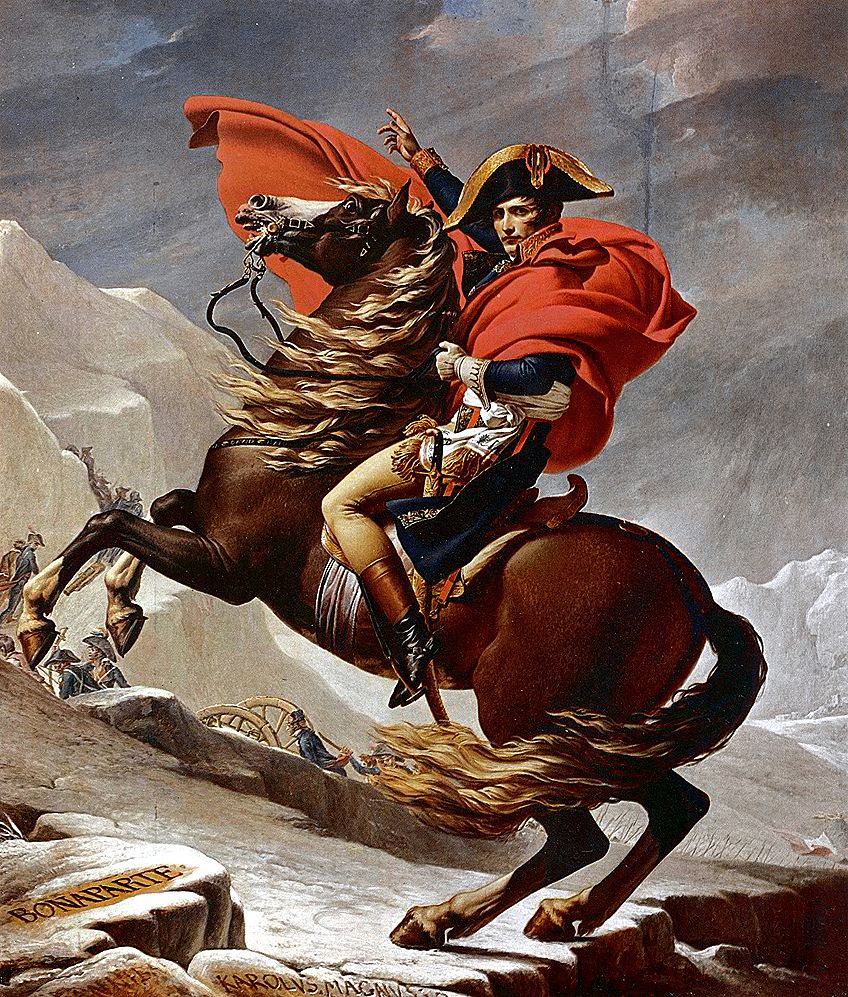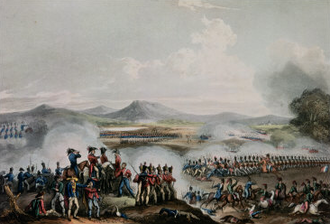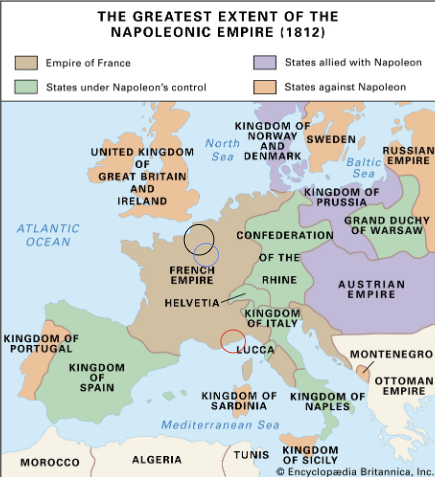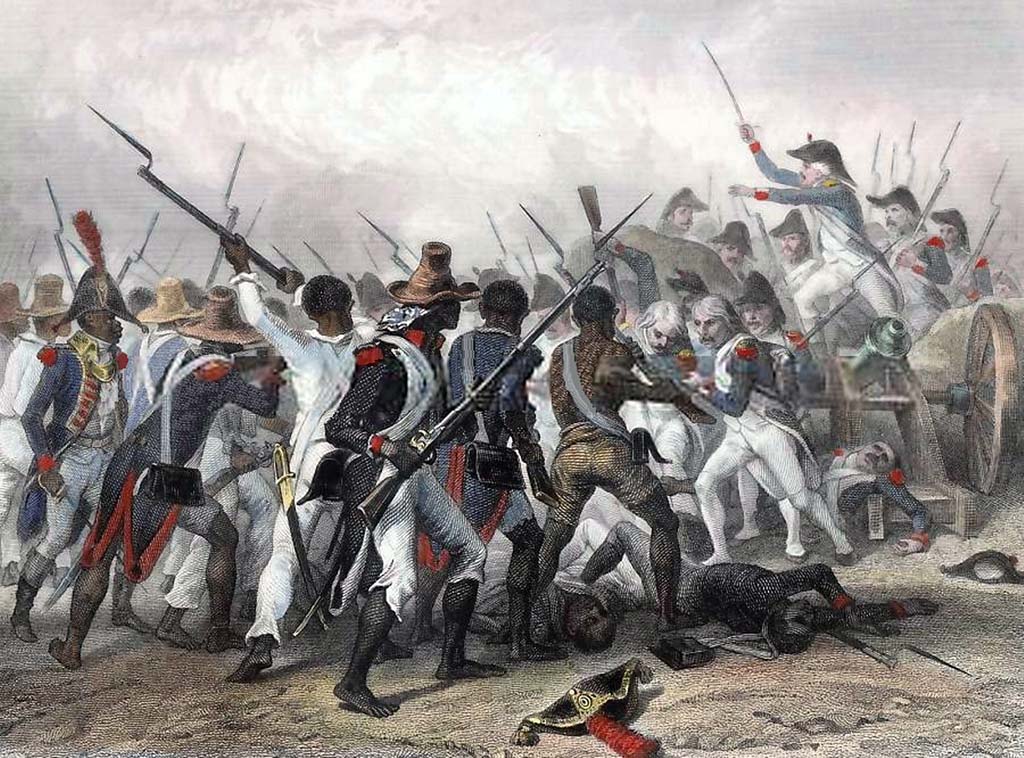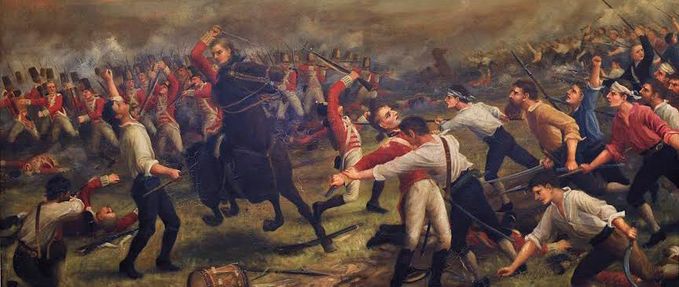“l’imperatore Napoleone ... dare al regno una costituzione definitiva che garantisca al popolo la sua religione, l’integrità del suo territorio, l’eguaglianza dei diritti, la libertà politica e civile” - Statuto Costituzionale Del Regno d’Italia (1805)
Translation: “the Emperor Napoleon … to give the kingdom a definitive constitution which guarantees the people its religion, the integrity of its territory, the equality of rights, political and civil liberty” - Constitutional Statute of the Kingdom of Italy (1805)
